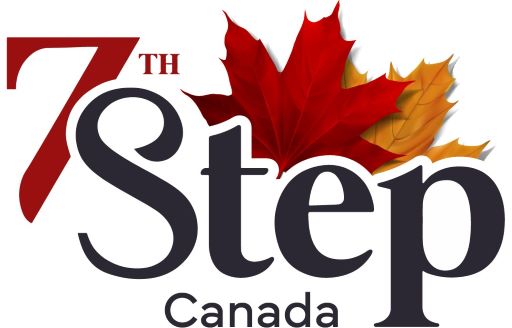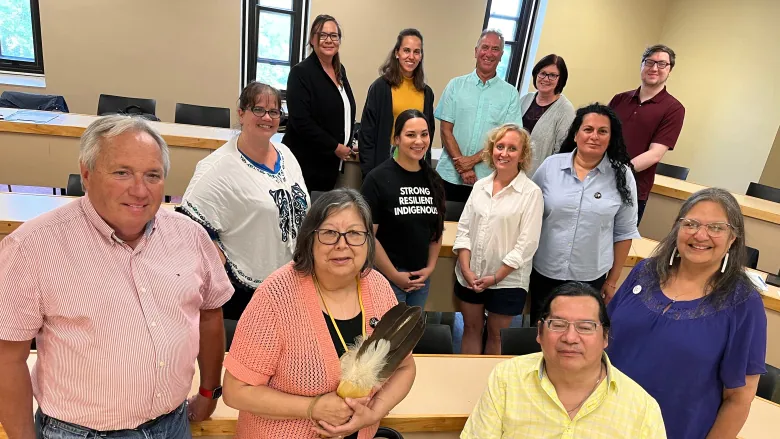The 7th Step Society members are active throughout our communities in all forms of education and support. A 7th Step member was critical in the creation, development and promotion of the Indigenous Studies course at UPEI.
‘I believe that we are teaching responsible citizenship,’ assistant professor says
The University of Prince Edward Island will now require all graduating students to have completed a course in Indigenous Studies.
The course, part of the university’s newly established Faculty of Indigenous Knowledge, Education, Research, and Applied Studies (IKERAS), is launching this fall.
Assistant professor David Varis, who is Cree and a member of the UPEI Indigenous Circle, says the Indigenous Teachings course will cover Indigenous history, cultures and practices.
“We will also be getting into some very heavy topics, such as trauma, intergenerational trauma as a result of residential schools. The Sixties Scoop,” he said.
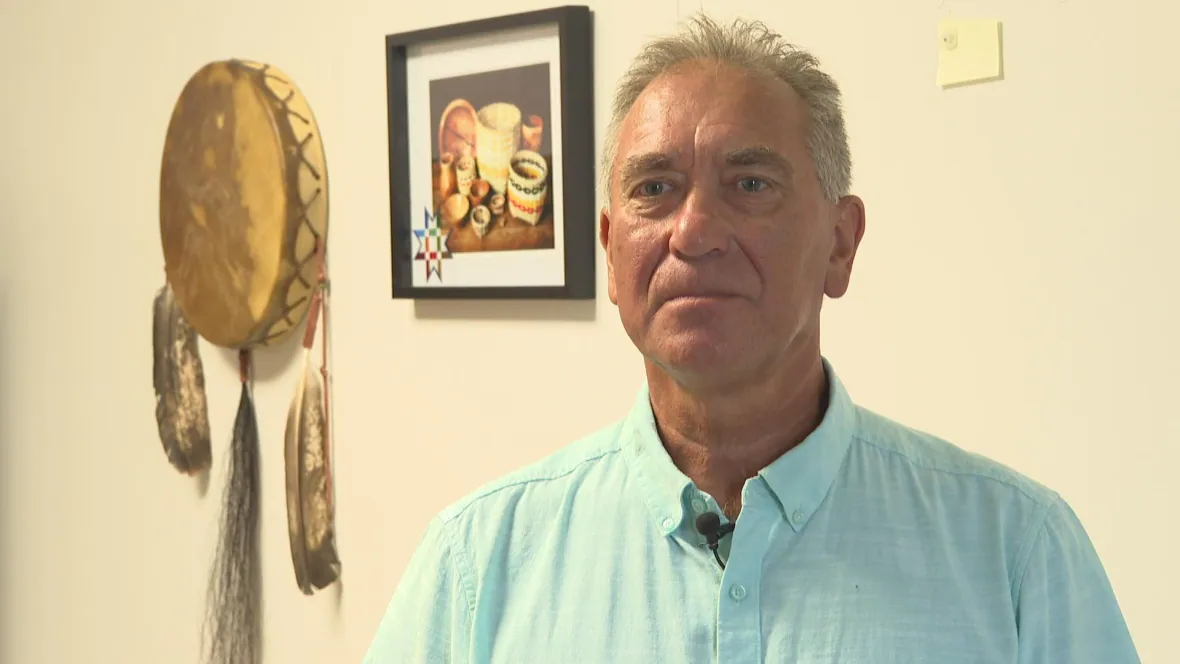
David Varis is an assistant professor at UPEI and a member of the UPEI Indigenous Circle. (Jessica Doria-Brown/CBC)
“However, we also talk about healing. And we talk a little bit about what’s taking place across Turtle Island Indigenous Peoples, and how they’re reclaiming their cultures.”
Varis said the new mandatory course, as well as the IKERAS faculty, came out of the university’s desire to find ways to support the 2015 Truth and Reconciliation Commission’s calls to action, which included several recommendations around enhanced education on Indigenous history and residential schools.
“By just having a mandated course around Indigenous knowledge of peoples and their cultures, I believe that we are teaching responsible citizenship,” he said.
‘We have failed to educate Canadians’
The faculty — currently the smallest at UPEI — consists of four professors, including interim dean Gary L. Evans, as well as sessional instructors.
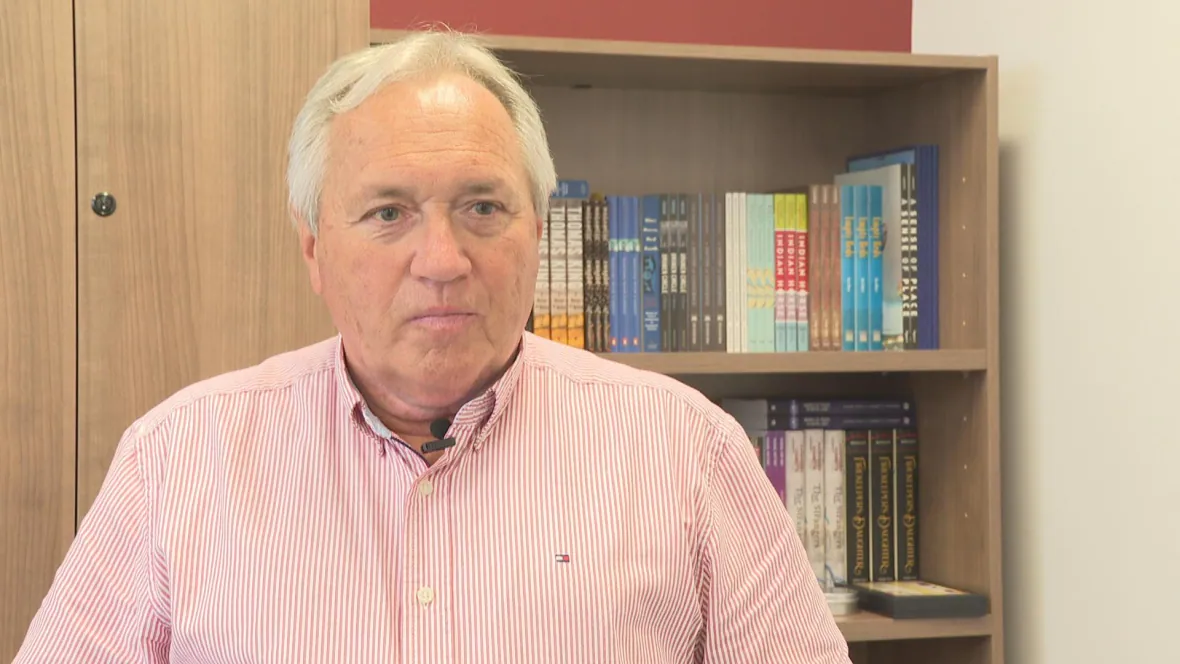
Gary L. Evans is a professor at UPEI’s Faculty of Indigenous Knowledge, Education, Research, and Applied Studies (IKERAS), as well as the interim dean. He says he would love to see such a faculty in every university. (Jessica Doria-Brown/CBC)
Evans, who is Métis, believes the IKERAS faculty is the first of its kind at a Canadian university.
We have failed to educate Canadians and international students and newcomers to the country on the true history of Canada.– UPEI interim dean Gary L. Evans
“As far as I can tell, it’s the first,” said Evans. “We are not a department under anybody else. We are a full faculty. We sit at the dean’s table with all the other deans. I would love to see this in every university. That is my goal.”
He says it’s now possible for students to minor in Indigenous Studies, and work is already underway to eventually offer an Indigenous major as well.
Evans says he’s proud that in the years to come, every graduating student will leave UPEI with at least one course on Indigenous Peoples.
“We have failed to educate Canadians and international students and newcomers to the country on the true history of Canada,” he said.
“And this is a chance to correct that, but it’s also a chance to share the culture and the richness of Indigenous society.”
‘It gives me great pride’
For elder-in-residence Judy Clark, the new course will offer a way for all students to better understand Indigenous culture and history, and the way in which their lives continue to be defined and inhibited by the Indian Act.
“Knowing that now they’ll have a little bit more knowledge and understanding of who the Indigenous people are in Canada, it gives me great pride,” said Clark, a Mi’kmaw elder and member of Abegweit First Nation.
“We’ve had a lot of struggles with our identity because a lot of our mainstream academia haven’t been talking about our way of life. And now it is. So it’s a better understanding.”
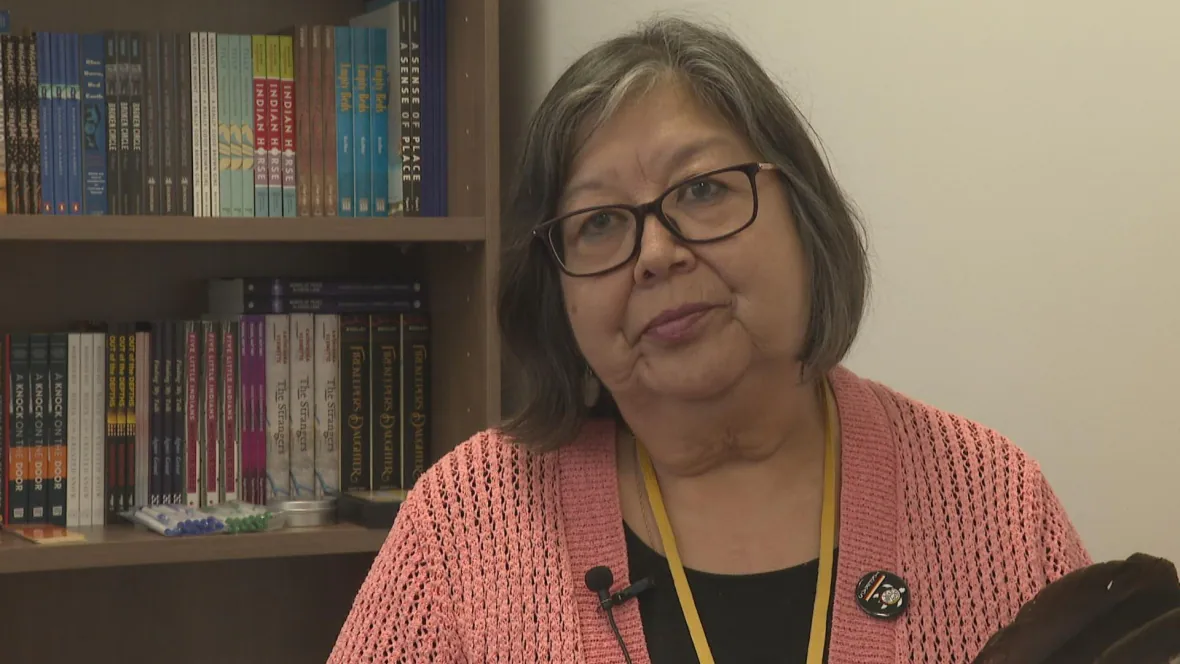
‘Knowing that now they’ll have a little bit more knowledge and understanding of who the Indigenous people are in Canada, it gives me great pride,’ says UPEI elder-in-residence Judy Clark. (Jessica Doria-Brown)
Clark says she’s pleased with the progress that’s been made, and she’s excited that non-Indigenous students now have new opportunities to learn about how Indigenous ways are connected with so many courses and disciplines at the university.
“I really believe that our ancestors and the spirits are moving and are with us to be able to move forward and share our knowledge,” said Clark.
“Because it is climate change, it is about the healings that we have. It’s the engineering of how we’ve built our things. Every aspect, I think, at university — we have our Indigenous way, and sharing that is going to be amazing.”
